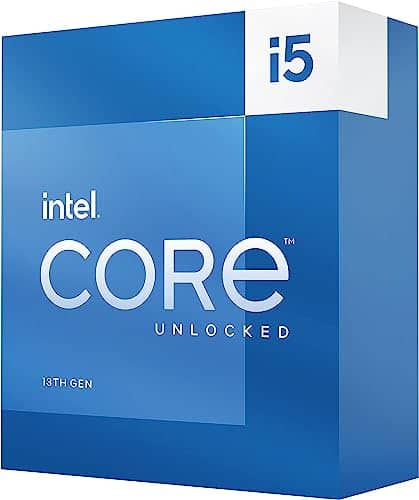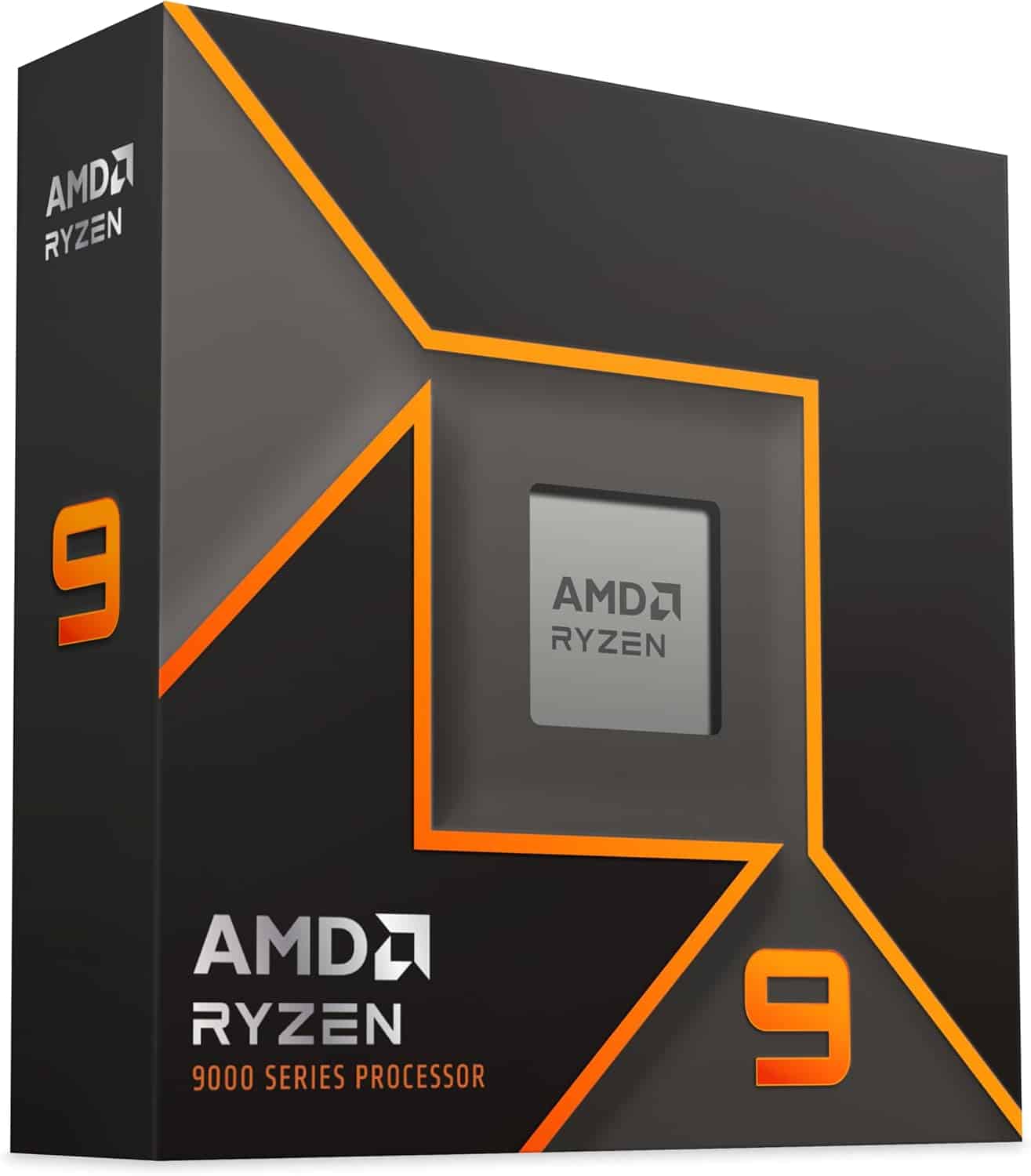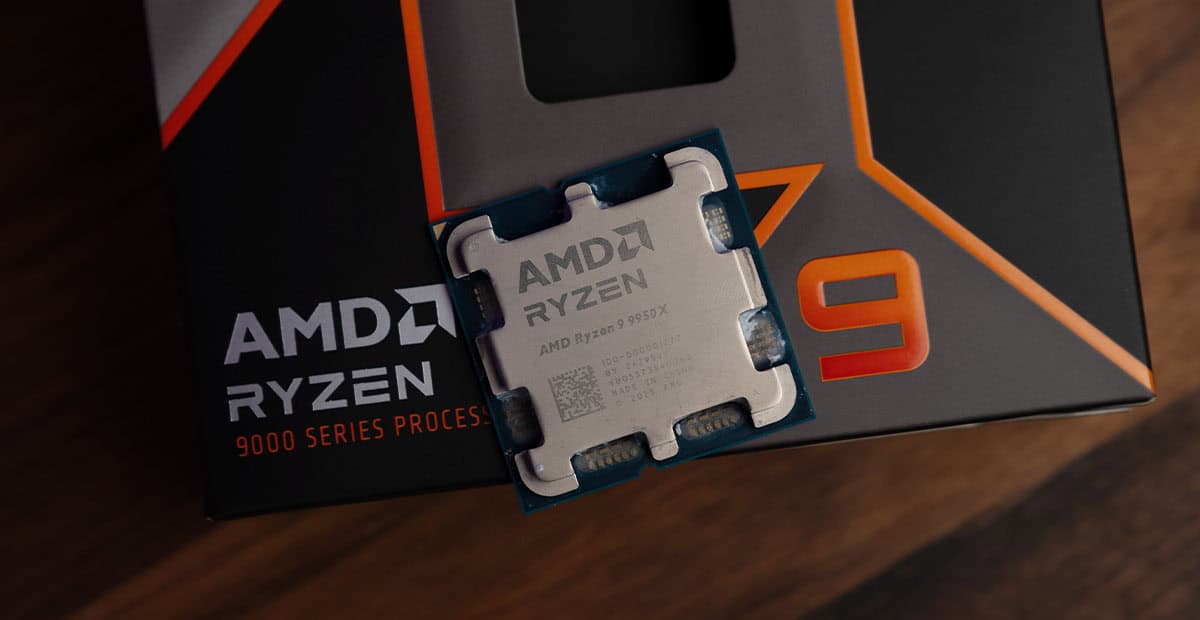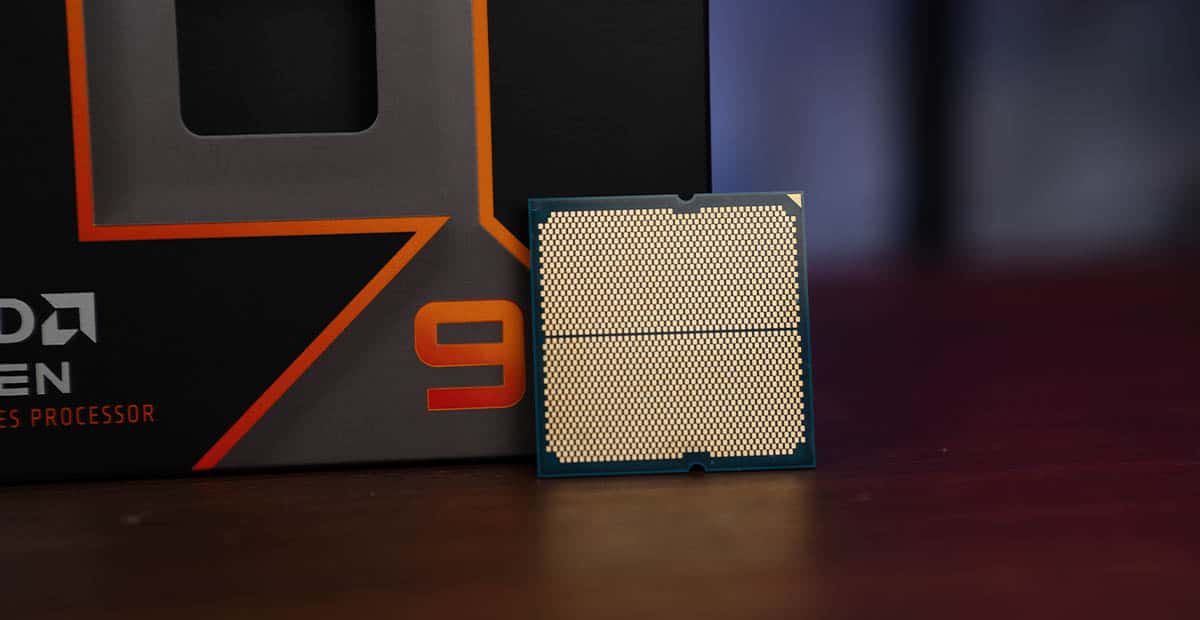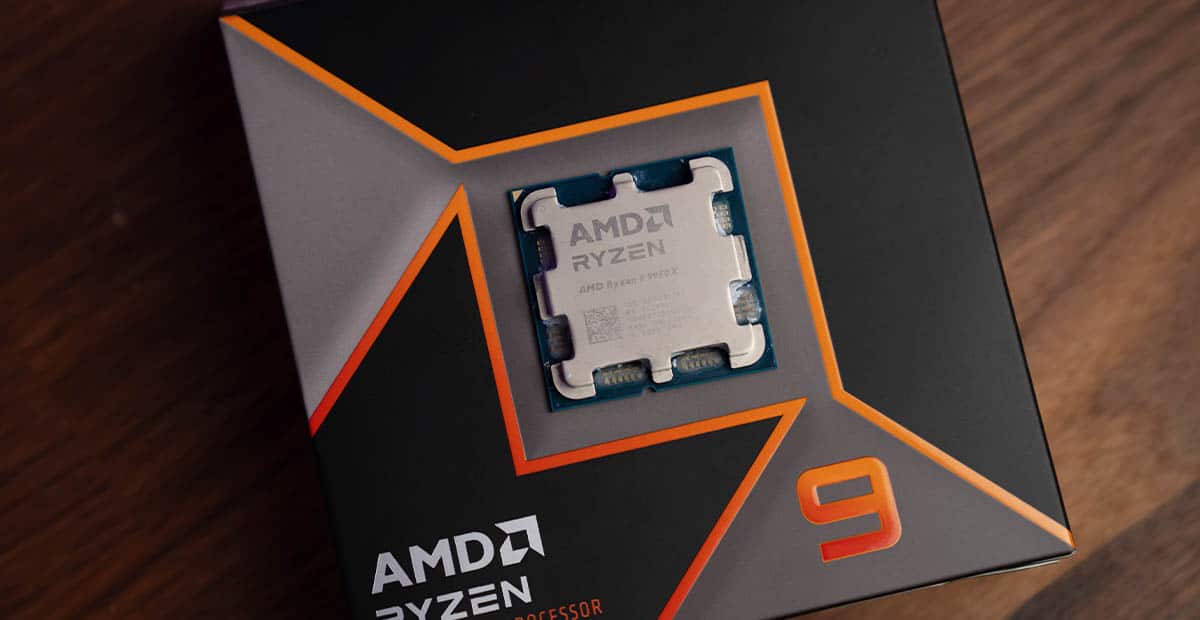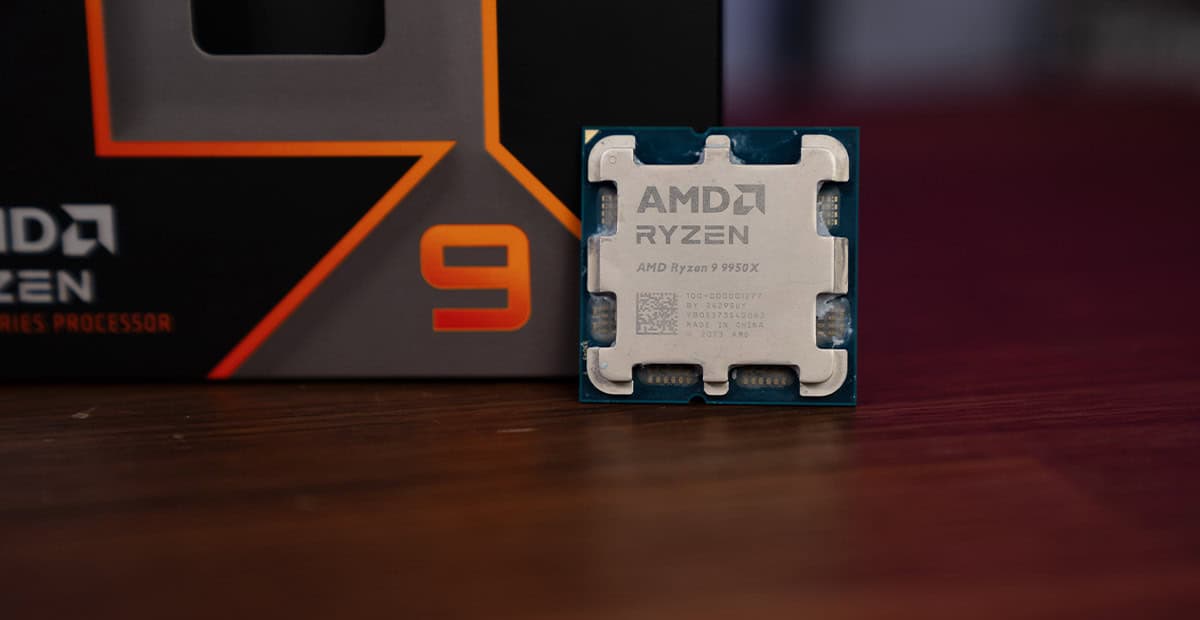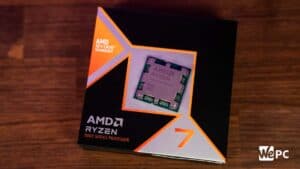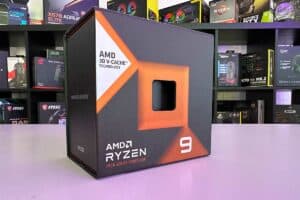Best CPUs for coding in 2025 – our top picks
The best from AMD and Intel processor for coding
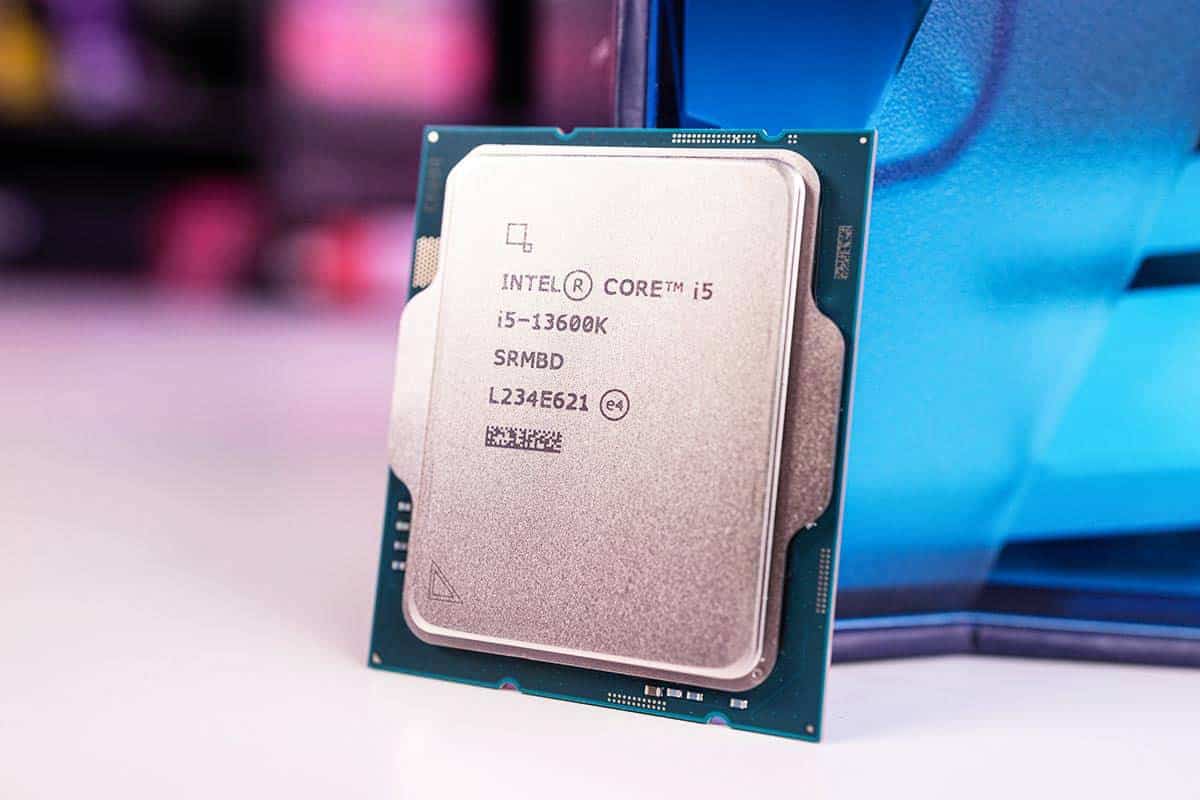
WePC is reader-supported. When you buy through links on our site, we may earn an affiliate commission. Prices subject to change. Learn more
If you are just starting out in the complex world of coding, you might think that coding can easily be done on a low-end laptop and that a powerful machine isn’t necessary. To some extent, that’s true—some coding use cases and applications can be quite simple. However, as you progress, the complexity of your tasks will grow, and they may require a significant amount of computing power to run efficiently. That’s when you realize the need for a faster and more powerful CPU that can deliver the best performance for your specific needs.
While you may not need an incredibly powerful CPU just for writing code, some of you might be into game development or software development, where extra horsepower can make a real difference. To help clear the confusion, we’ve curated a list of CPUs that will help you tackle a variety of coding workloads. Our list includes solid options for not only heavy development needs but also for lightweight coding tasks. Let’s take a closer look at how we selected these processors.
Products at a Glance
-
Best mid-range CPU for coding
Intel Core i5-13600K
- Core configuration: 14
- Threads: 20
- Base core speed: 3.5 GHz (P-core) / 2.6 GHz (E-core)
- Boost core speed: 5.1 GHz (P-core) / 3.9 GHz (E-core)
- DDR5 support: 5600 MT/s
- TDP / PPT: 125 W / 181 W
-
Best AMD CPU for coding
AMD Ryzen 9 9950X
- Cores: 16
- Threads: 32
- Boost speed: 5.7 GHz (Max Boost)
- L1/L2/L3 Cache: 80KB/1MB/64MB
- Default TDP: 170W
-
Best High-end CPU for coding
Intel Core i9-14900K
- Core configuration:: 24 (8+16)
- Threads: : 32
- P-Core Speed: : 5.8GHz (boost) 3.2GHz (base)
- E-Core Speed: : 4.4GHz (boost) 2.5GHz (base)
- DDR5 support: : Yes @ 5600MHz
- TDP: 125W base 253W PL1 & PL2
How we selected the best CPUs for coding
The best CPU for coding should only really have one thing, and that’s a strong single-core performance. Most programming languages default to using a single core, but with that being said, a multi-core CPU will help you when creating code and looking at other things like tutorials. If you’re an avid coder, you’re most likely going to be multitasking. That means we want a CPU with a strong single and multi-core setup, so that’s what we went with.
We thoroughly reviewed and tested all of the CPUs on a number of everyday tasks for programmers and developers, such as compiling code, running virtual machines, testing applications, and multitasking, to ensure that all of our recommendations truly deliver the best performance. Additionally, we only recommend products that have been tested by us or reviewed by trusted and reputable third-party sources that highlight both the positives and negatives. If you’re interested in learning more about our testing process, check out our dedicated page on how we test CPUs.
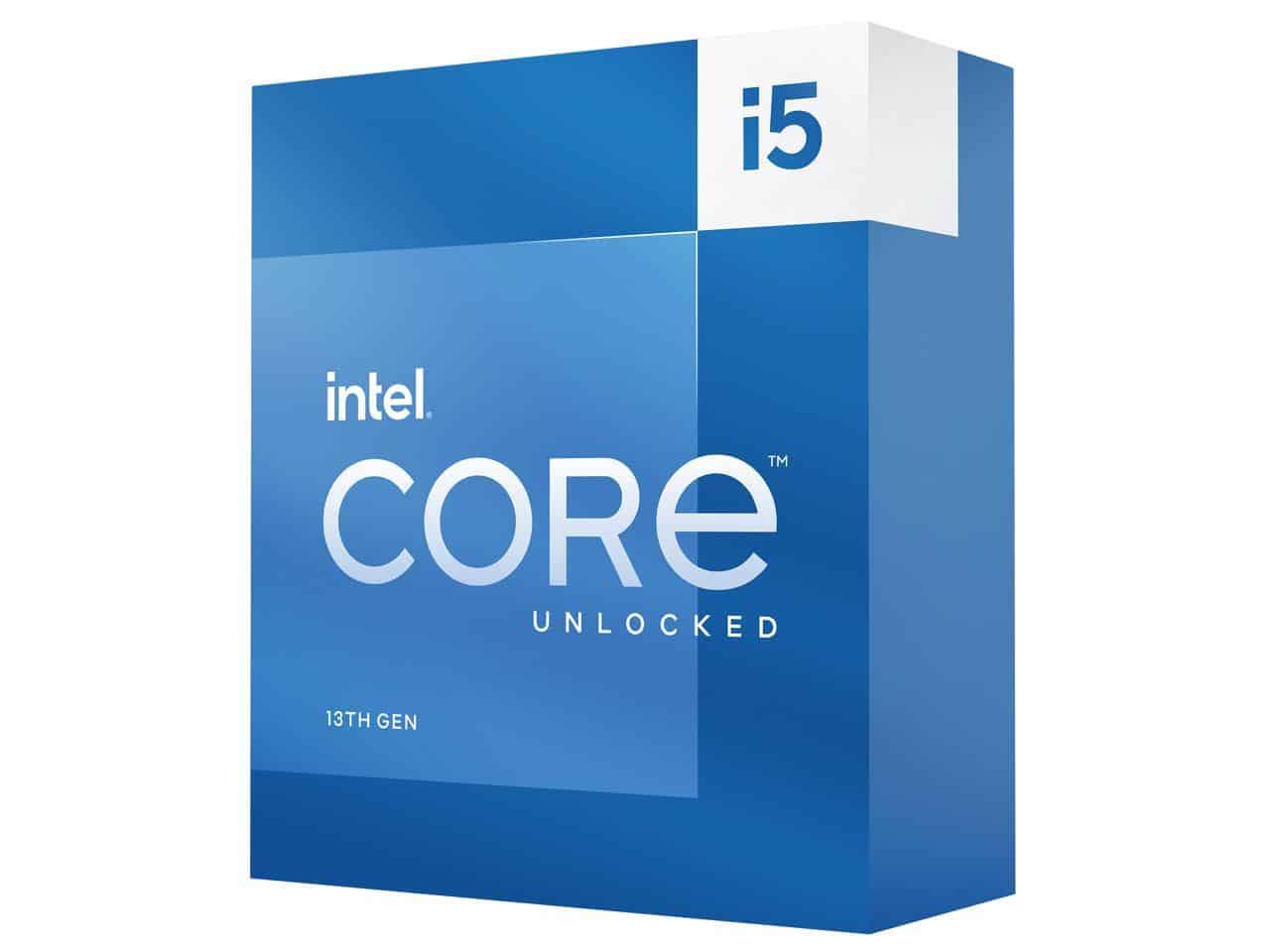

- Cores: 14
- Threads: 20
- Base speed: P-cores 3.5 GHz / E-cores 2.6 GHz
- Boost speed: P-cores 5.1 GHz / E-cores 3.9 GHz
- Cache: 20MB
- TDP: 125 W / 181 W boost.
- Excellent value for money
- Plenty of cores for multitasking
- Supported on both DDR5 and DDR4 motherboards
- On the LGA 1700 socket
- Can run quite hot
The Intel Core i5 13600K is by far one of the best processors you can buy right considering the excellent price-to-performance ratio. Whether you’re a gamer, video editor, freelancer, or programmer, this processor can easily handle it all. It has a high-core count, features good support for cheaper DDR4 motherboards, and decent power efficiency.
In our review of the i5-13600K, we put the Intel processor through several synthetic benchmarks, and it delivered solid performance, especially considering its price point. For context, in CPU-Z, the 13600K scored 830 points in the single-core benchmark and 9,846 points in the multi-core benchmark. In Cinebench, the CPU also impressed, achieving 1,992 points in the single-core portion and 24,024 points in the multi-core benchmark.
Core i5-13600K is a phenomenal CPU, with much to say in the way of efficiency, cost-effectiveness, and performance. And it was truly a pleasure to benchmark.
WePC
The main reason we are dubbing this processor as the best mid-range CPU for coding is because of the high core count and excellent single-core performance. Even if your workload benefits from multi-core performance, the 13600K can handle it thanks to the excellent implementation of the P-cores and E-cores. This processor will fare well in environments such as Flutter, Visual Studio, and Android Studio. While you could go ahead and buy the 13700K, you’ll have a harder time cooling that chip. You also have to consider that if you care about gaming performance, the 13600K can easily keep up with its bigger brother. And, let’s not forget the optional DDR5 support which allows you to either save money with a DDR4 board or get even better performance with DDR5.
What users say
Over at Amazon, the Core i5-13600K has impressed customers with its exceptional performance, not just for productivity but also for gaming. In fact, if you scroll down a bit, the top review calls the 13600K “The Perfect Powerhouse for Work and Play.” The praise doesn’t stop there, as it boasts a solid 4.7-star rating, with an impressive 89% of reviews being 5 stars.
- Cores: 16
- Threads: 32
- Boost speed: 5.7 GHz (Max Boost)
- L1/L2/L3 Cache: 80KB/1MB/64MB
- Default TDP: 170W
- Much more power efficient than the 7000 series
- Strong Single and Multi-core performance
- Works with existing AMD AM5 motherboards
- Not as good for gaming
- A pricey investment
The AMD Ryzen 9 9950X is a 16-core, 32-thread CPU that delivers increased IPC counts, better efficiency, and higher clock speeds compared to its 7000 series sibling. While some might argue that this chip is overkill for coding and that spending $600 solely for that purpose may not make sense, there’s no denying its value for productivity purposes. Yes, the 9950X is one of the most expensive CPUs core-for-core, and it doesn’t quite deliver the gaming performance you might expect for its price. However, in other scenarios, it becomes a future-proof CPU for programmers who need extra cores for testing, deployment, and multitasking.
In our review of the 9950X, we called it “a powerhouse of multi-core performance,” and its synthetic benchmarks make it clear why. During CPU-Z testing, the 9950X achieved jaw-dropping scores of 868.5 in single-core and 16,787 in multi-core benchmarks. We also noted its ability to deliver a solid balance of power and efficiency, excelling in both single- and multi-threaded workloads. The chip handles high-performance tasks impressively while keeping temperatures and power consumption within a controlled range.
This isn’t merely the best CPU for gaming performance. It’s for people who want to get the most out of their PCs for productivity purposes, including rendering, simulation, or editing workloads.
WePC
The AMD Ryzen 9 9950X is the best AMD CPU for coding on our list, but we’re not recommending it solely for programming-focused tasks. We believe the 9950X is a well-rounded chip that offers exceptional performance, making it a great choice even for game development, software testing, and other heavy workloads. Of course, this is a pricey chip, and if you’re just starting out, going for such an overkill option might not be the wisest decision. It’s better to start with something more affordable and, once you’ve outgrown your current setup and need more power, that’s when you should consider making the big jump.
What users say
Over at Amazon, customers find the Ryzen 9 9950X to be a well-suited processor for workstation upgrades and parallel workloads, with a 75% 5-star rating indicating that this CPU can handle all your productivity needs. In fact, one review called the 9950X “Perfect for Linux workstation,” further solidifying its position on our list as a top choice for coding and programming workloads.
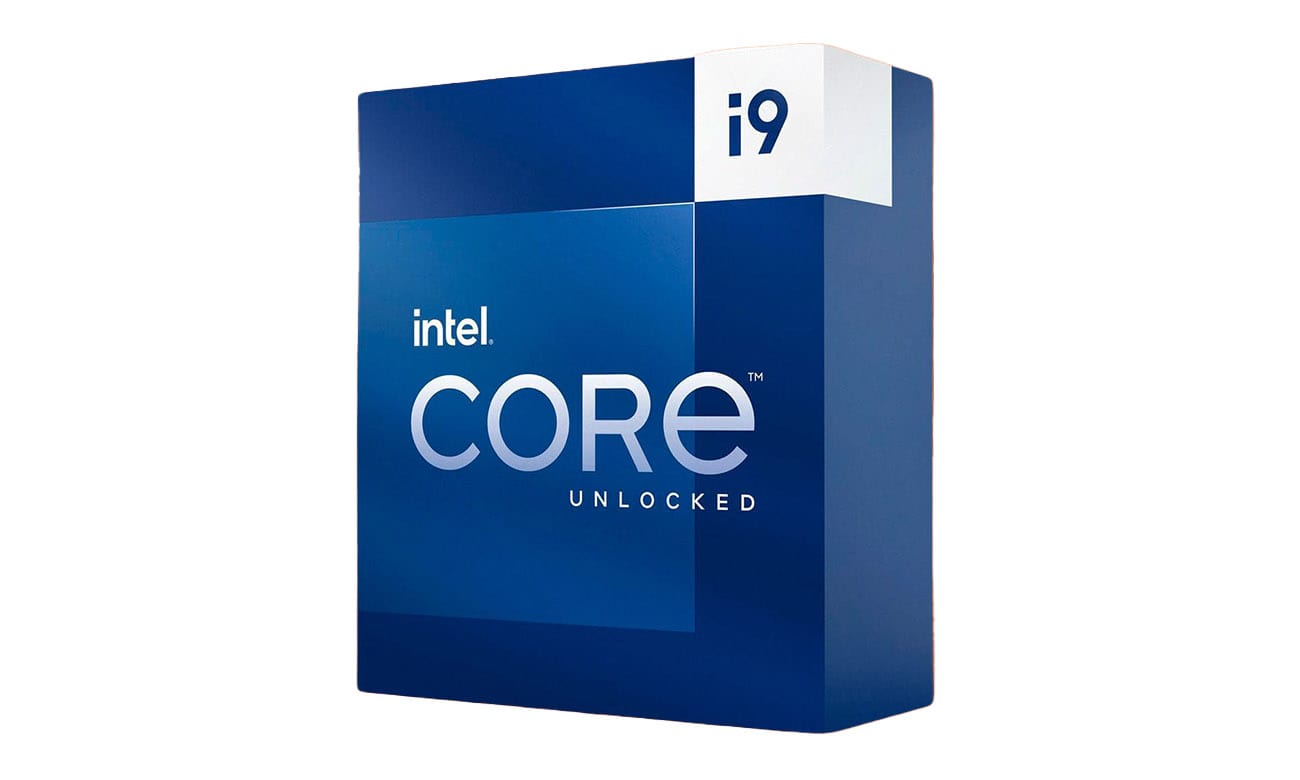

- Core configuration:: 24 (8+16)
- Threads: : 32
- P-Core Speed: : 5.8GHz (boost) 3.2GHz (base)
- E-Core Speed: : 4.4GHz (boost) 2.5GHz (base)
- DDR5 support: : Yes @ 5600MHz
- TDP: 125W base 253W PL1 & PL2
- 24 cores, 32 threads for easy multitasking
- Excellent base and boost clock speeds
- Supports DDR5 at 5600MHz
- Perfect for any CPU-intensive work
- Very expensive
- Overkill for basic programming
If you want a truly high-end option that is more than enough for coding and unlocks potential for any other intensive workloads you have, then we’d have to suggest the i9-14900K. One of the best CPUs on the market as part of the Intel 14th gen if you want a more up-to-date processor. While this generation doesn’t offer a massive performance boost compared to the previous gen, you do enjoy improved clock speeds to give it the edge.
The 14900K has more than enough cores for just about any workload you throw at it. We’d have to say it’s pretty overkill for coding alone, but compile times will fly by with this speedy processor. We recommend picking this up if you want the best of the best and will be using your desktop for more than just simple programming work.
Intel’s 14th-generation Core i9-14900K impressively enhances performance, pushing the limits of its architecture. This processor shines in both synthetic and real-world benchmarks, establishing itself as a top-tier option.
WePC
In our review of the 14900K, we gave this powerful chip a 4-star rating, finding that it tears through pretty much anything you throw at it. To give you a better idea of its performance, in everyone’s favorite table and chair simulator, Cinebench, the 14900K scored 131 points in single-core benchmarks and 2,276 points in multi-core benchmarks. However, one thing we did note is that while delivering these impressive results, the chip runs fairly hot. So, if you’re picking this up for demanding programming workloads, you’ll want to invest in a good CPU cooler as well.
What users say
The 14900K has not only impressed us with its performance but has also earned praise from Amazon customers as a solid choice for a variety of use cases. Its Amazon listing boasts a stellar 4.3-star rating from over 1,700 reviews, with 3,000 units sold just in the past month. While some reviewers do raise concerns about its heat levels, the 75% 5-star review rate ensures that you won’t experience any major performance issues when using this CPU.
Things to Consider
- Single-Core Performance: Many coding applications that most users work on highly depend on one or two major threads. For that reason, it’s important to choose a CPU that offers fast single-core performance to help you excel in coding environments.
- Core/Thread Count: For those using their next CPU for game development, 3D rendering, or solutions like machine learning, you want a chip with a high core and/or thread count to better handle large multithreaded applications.
- Thermal Needs: While most modern CPUs are more power-efficient than their predecessors, they can still consume significant power, especially for all-core workloads or when pushing higher clock speeds. Therefore, make sure to check your processor’s thermal requirements and choose a powerful CPU cooler to prevent thermal throttling and other performance issues.
Final word
Whether you prefer an AMD or Intel processor, our guide is here to help you choose something that fits your needs and requirements. Intel is well-known for its productivity performance, which is part of the reason why our list includes two offerings from the blue team and just one from AMD. Don’t get us wrong, AMD processors are exceptional in their areas of expertise, and choosing one will not be a wasted investment. However, opting for a chip from the red team that prioritizes productivity often comes with a higher price tag. If you can afford the upgrade to AM5, which involves updating not just the CPU but also the RAM and motherboard, then it’s definitely worth considering. But if that’s outside your budget, Intel’s mid-range offerings provide excellent value.
That said, while we’ve guided you as much as possible, the final decision is yours. Go through the few but very important factors we’ve highlighted, and with those in mind, take a quick look at our picks again to help you make a better decision. Rest assured, whichever option you choose, your coding adventures will be just as rewarding and enjoyable.

